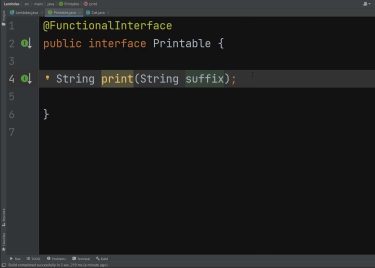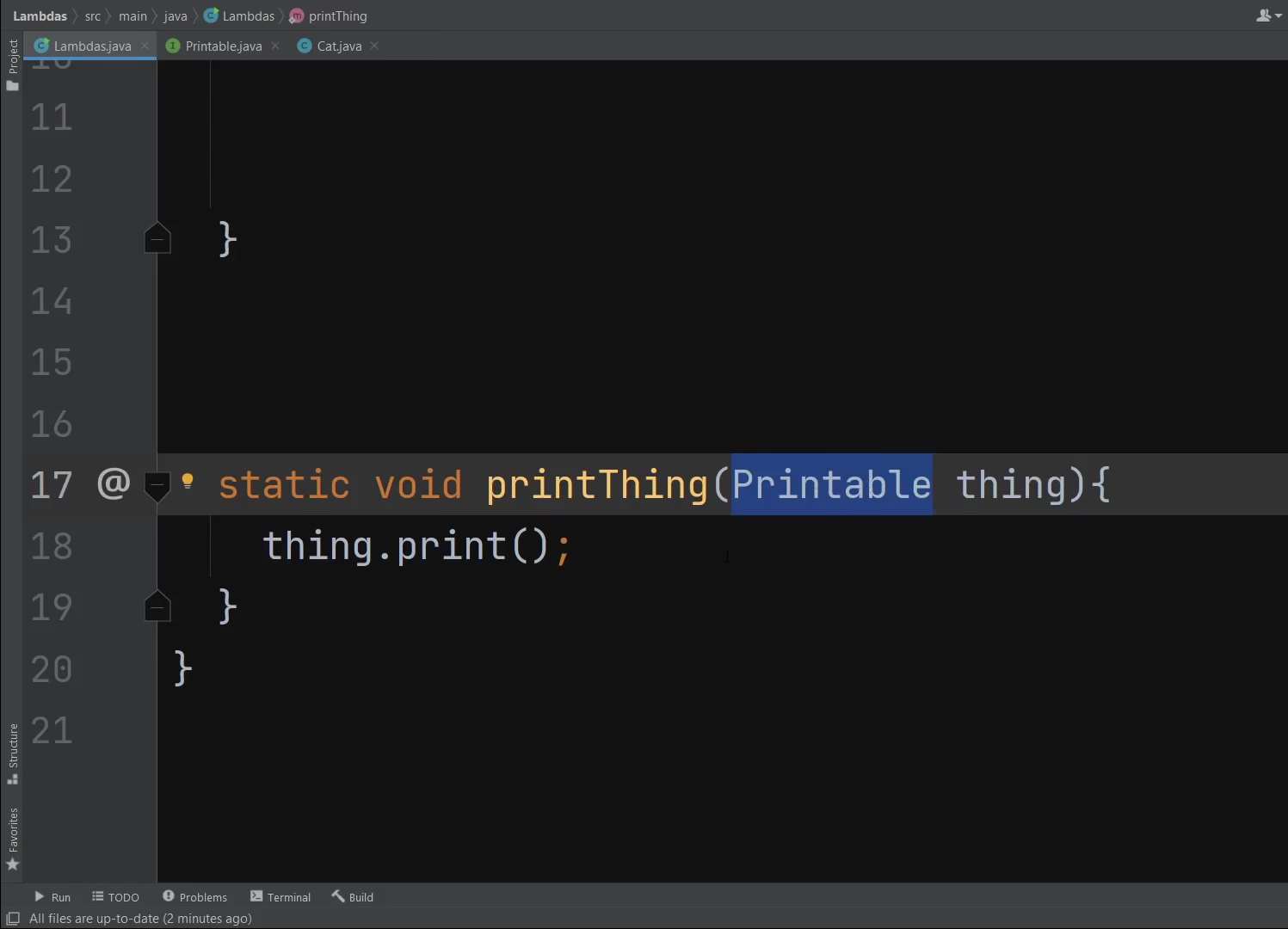Understanding Java Expressions: Demystifying the Concept
Each programming language relies on foundational constructs, which establish its unique and accessible identity. Whether we delve into low-level programming languages such as Assembly or embrace high-level ones like Java or .Net, they all possess distinct elements that define them. Among these fundamental elements are expressions.
An expression represents a structural entity within a programming language that assesses to a singular value. It comes into being through a combination of variables, operators, and method invocations meticulously adhering to the language’s syntactical rules. When we aspire to perform computations, establish conditions, or engage in any form of action within a programming language, we harness an assemblage of symbolic elements. These very elements coalesce to form expressions, primarily utilized for generating fresh values and assigning values to variables.
Expressions emerge as pivotal components within the realm of Java programming. It can be unequivocally asserted that any Java project ever conceived rests upon these expressions as indispensable building blocks.
Understanding Java Expressions
In the realm of Java programming, expressions are the building blocks of logic and functionality. These versatile constructs encompass a variety of elements, including variables, operators, literals, and method calls, all working harmoniously to produce meaningful outcomes in your code. To grasp the intricacies of it, let’s delve into the key components that constitute them.
Components
- Variables: These serve as containers for storing data, allowing you to work with values in your program. Variables can hold integers, floating-point numbers, characters, and more;
- Operators: Operators are the driving force behind expressions. They dictate the operations to be performed on operands, guiding the transformation of data. Java boasts a rich repertoire of operators, including arithmetic, relational, and logical operators;
- Literals: These are constants that represent fixed values. In Java, literals can take various forms, such as numeric literals (e.g., 5, 3.14), character literals (e.g., ‘A’, ‘5’), and string literals (e.g., “Hello, World!”);
- Method Calls: Java expressions can also involve method calls, enabling you to execute predefined functions and retrieve their results. This dynamic element adds a layer of sophistication to your expressions.
An Illustrative Example
Let’s dissect a simple example to demystify Java expressions further:
int marks;
marks = 95;
In this snippet, we encounter a Java expression: marks = 95. Here’s the breakdown:
- The variable marks is assigned the value 95;
- This assignment is an expression, and it returns an integer value.
Now, let’s elevate our understanding with a more complex expression:
double a = 3.2, b = 3.4, result;
result = a + b – 3.4;
In this instance, a + b – 3.4 constitutes an expression that involves arithmetic operations. This expression showcases how operators come into play, performing addition and subtraction to yield a result.
Evaluating Java Expressions
To evaluate Java expressions effectively, consider the following tips:
- Operator Precedence: Java follows specific rules for operator precedence, determining the order in which operators are evaluated. Familiarize yourself with these rules to avoid unexpected outcomes;
- Parentheses: Parentheses can be used to override operator precedence, ensuring that specific operations are performed first. Utilize them strategically to control the evaluation order;
- Type Compatibility: Pay attention to data types when using operators. Mismatched types can lead to errors or unintended results.
Types of Java Expressions
In the Java programming landscape, expressions come in various flavors, each serving distinct purposes:
- Value-Producing Expressions: These expressions, as the name suggests, produce a value as their result. For instance, (1 + 1) evaluates to 2;
- Assignment Expressions: Expressions like (i = 10) are responsible for assigning values to variables. They don’t produce a direct result but alter the state of variables;
- Side Effect Expressions: Some expressions, while not yielding a direct result, have a “side effect.” This may include modifying program state or performing actions like incrementing a variable. An example is i++.
Diverse Types of Java Expressions
In the vast realm of Java programming, expressions serve as the building blocks for code execution. They encompass an array of functionalities, each designed to fulfill distinct purposes. Below, we delve into the fascinating world of Java expressions, categorizing them into three main types: expressions that produce a value, expressions that assign a variable, and expressions with side effects.
1. Expressions that Produce a Value
Expressions within this category are like mathematical formulae, yielding meaningful results. In Java, these expressions are formulated using a plethora of operators, such as arithmetic, comparison, and conditional operators. Here’s a breakdown:
Arithmetic Operators:
+ (Addition): Adds numerical values.
– (Subtraction): Subtracts values.
* (Multiplication): Multiplies values.
/ (Division): Divides values.
% (Modulus): Calculates the remainder.
Comparison Operators:
> (Greater Than): Compares if one value is greater than another.
== (Equality): Checks if two values are equal.
Conditional Operators:
? (Ternary Operator): Provides a shorthand way to write an if-else statement.
|| (Logical OR): Checks if at least one condition is true.
Here are some illustrative examples:
1/2: Yields the result of dividing 1 by 2, which is 0.5.
6 % 3: Returns the remainder when 6 is divided by 3, which is 0.
pi + (10 * 2): Adds the value of pi to the result of multiplying 10 by 2, resulting in a numerical value.
Insight: Parentheses in expressions prioritize operations, just like in traditional mathematics. They ensure calculations are performed in the correct order.
2. Expressions that Assign a Variable
In the intricate world of Java programming, expressions often serve the role of assigning values to variables. Here’s an insight into this type of expression:

Variable Assignment Expressions:
int secInOneDay = 0;: Initializes a variable secInOneDay with a value of 0.
int totalDaysInOneWeek = 7;: Assigns the value 7 to totalDaysInOneWeek.
secInOneDay = secInOneMin * minsInAnHour * hrsInOneDay;: Computes and assigns the product of these variables to secInOneDay.
Tip: Utilize meaningful variable names to enhance code readability.
3. Java Expressions with Side Effects
While some expressions may seem inert, they can have a hidden impact on program execution. This is particularly evident when expressions modify the values of their operands. Consider the following:
Side Effects in Java:
int product = y * z;: Here, the variable product is affected, changing its value, while y and z remain unaltered.
Insight: Operators like assignment, increment, and decrement often introduce side effects. Be cautious and aware of these effects when working with such expressions.
Conclusion
The aforementioned illustrations distinctly illustrate that Java programs encompass expressions, and possessing a profound comprehension of them stands as an imperative requisite for any developer aspiring to achieve excellence in the domain. Broadly speaking, the guidelines governing expressions in this mirror the principles established in Algebra (Mathematics) and are drawn from its foundational tenets.

No Comments
Sorry, the comment form is closed at this time.